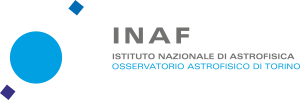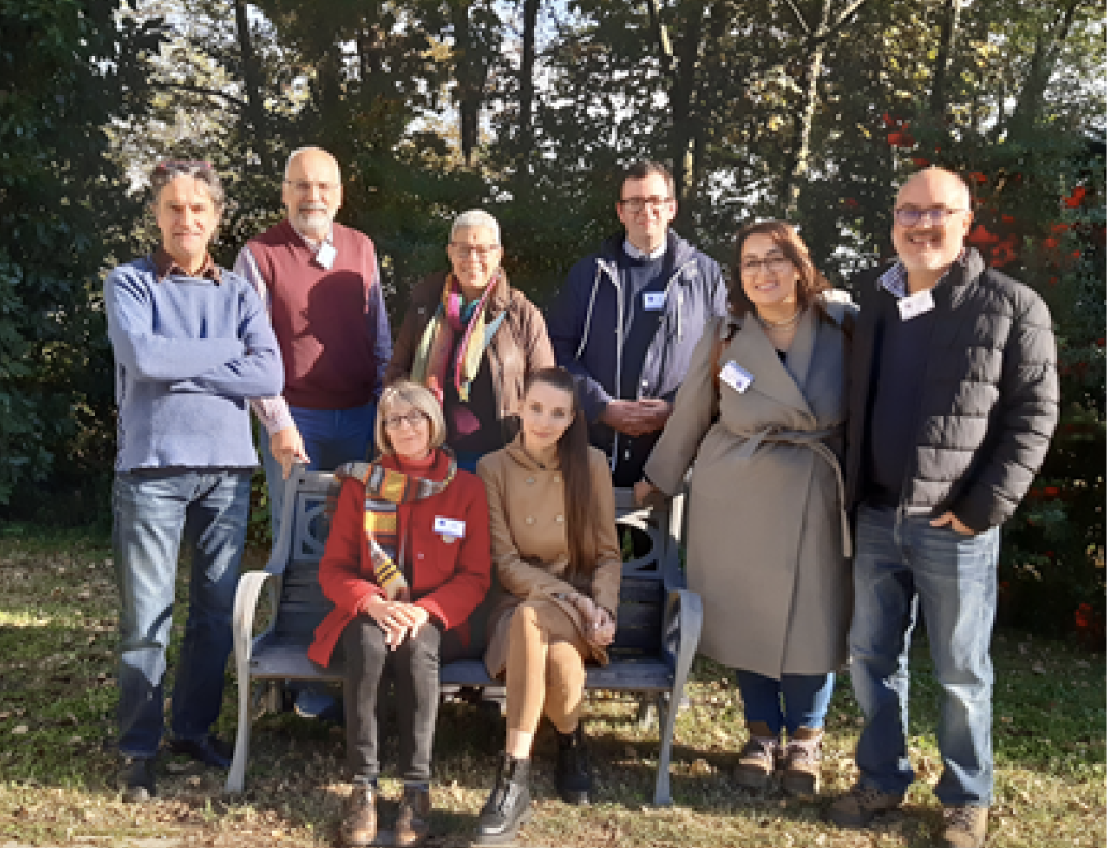An ambitious space science education project has been launched to involve school children in the search for asteroids and meteorite hunts.
The StudenTs As plaNetary Defenders (StAnD) is an Erasmus+ project to engage primary and secondary school students in the exciting subject of asteroids, meteors, and planetary defence.
The 36-month programme brings asteroids, comets, meteors and micrometeorites to the classroom using carefully prepared activities and experiments, including the installation of meteor detection cameras in participating schools and a specially designed kit for micrometeorite hunting. The partners involved have joined their expertise to design an integrated approach that will enable students to follow the journey of these cosmic visitors from the depths of space to our planet. StAnD will introduce a new trend of activities engaging students in their STEM (science, technology, engineering, and mathematics) curriculum and enhancing their interest in these fields. The activities in the project also have the considerable potential of leading to new original scientific discoveries such as the discovery of new asteroids and meteorite falls. Their teachers will receive training and support via massive open online courses and summer schools to prepare topics related to astronomy, the solar system, and space exploration. The teachers will make use of selected online resources to better present the contents to the students and will acquire innovative student-centred methodologies that facilitate the integration of digital content into the STEM curriculum. They will also receive training on how to use robotic telescopes and the relevant software to plan the observations and analyse the data, as well as how to operate and interpret the meteor images acquired by the camera systems. They will also learn how to collect and identify the micrometeorite samples. The results of various phases of the project will be continuously disseminated, spreading the results among the participants, countries, at European and international level.
StAnD will be coordinated by the Istituto Nazionale di Astrofisica (INAF), Italy, with the active participation of COSPAR, France, NUCLIO, Portugal, Ellinogermaniki Agogi, Greece, and FTP-Europlanet, Germany.
Daniele Gardiol, Coordinator of the Outreach and Educational activities of the Turin Observatory said: “The National Institute for Astrophysics in Italy (INAF) is deeply involved in research and technological efforts related to the defence of our planet from the threat posed by potentially hazardous asteroids. INAF researchers have conceived and built LiciaCube, the satellite that monitored the successful hit on Didymos within the NASA DART Mission last October. Besides coordinating the PRISMA fireball network for the recovery of freshly fallen meteorites (part of the international FRIPON network), INAF has also increased
outreach and educational efforts during the past few years, so participation in this exciting project was a natural consequence.“
The COSPAR President, Professor Pascale Ehrenfreund said: “Learning about space can capture the imagination of students, leading to increased interest in Science, Technology, Engineering, and Mathematics (STEM) subjects. This can foster a future workforce skilled in these critical areas. COSPAR is therefore engaging with teachers and educators worldwide to increase and sustain interest in STEM subjects and to encourage more young people to take up STEM careers to enter the space sector. I strongly believe we can make a difference and I look forward to following the progress of these Erasmus+ projects.“
Rosa Doran, director of NUCLIO, said: “I am a believer in the empowerment of educators to bring the new generation closer to their future careers. Bringing authentic research experience to students. These young people will develop with a different mindset towards innovation, with a better understanding of the scientific method and with a good starting point on the construction of their science capital.”
Angelos Lazoudis of Ellinogermaniki Agogi stated: “Looking up to the sky has never been so exciting and so educative for secondary school students. Engaging in related STEM activities, monitoring real phenomena, collecting and analysing scientific data, and applying knowledge to meaningful problems not only allows them to better understand our world but also to explore future careers and, most importantly, to develop skills and competencies that are essential to student success” .
Lothar Kurtze, Director of FTP-Europlanet said “The StAnD project gives schools all over Europe the unique opportunity to bring real science into the classroom. One example is the real time observation of an asteroid with remote telescopes in Hawaii or Australia. This can be followed by doing measurements of the position of this asteroid at school. This way, students can generate valuable data for professional astronomers and even make their first publications. So already at school, the students get an idea of what a scientific job is like, and whether this could become interesting for them later.“
The dedicated website for the project is at https://projectstand.eu/ and will be populated as the project develops.

